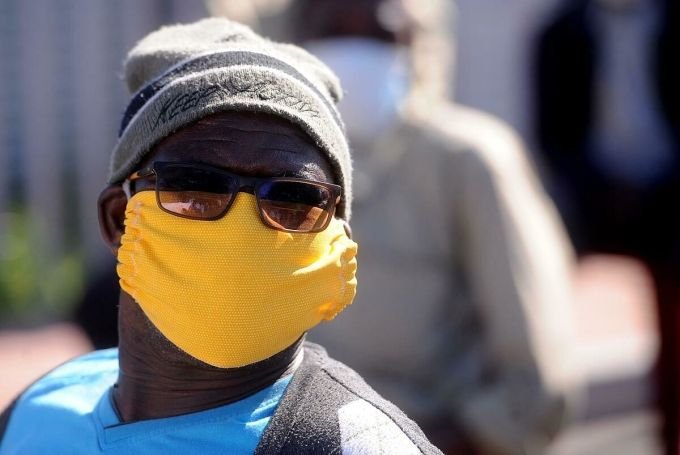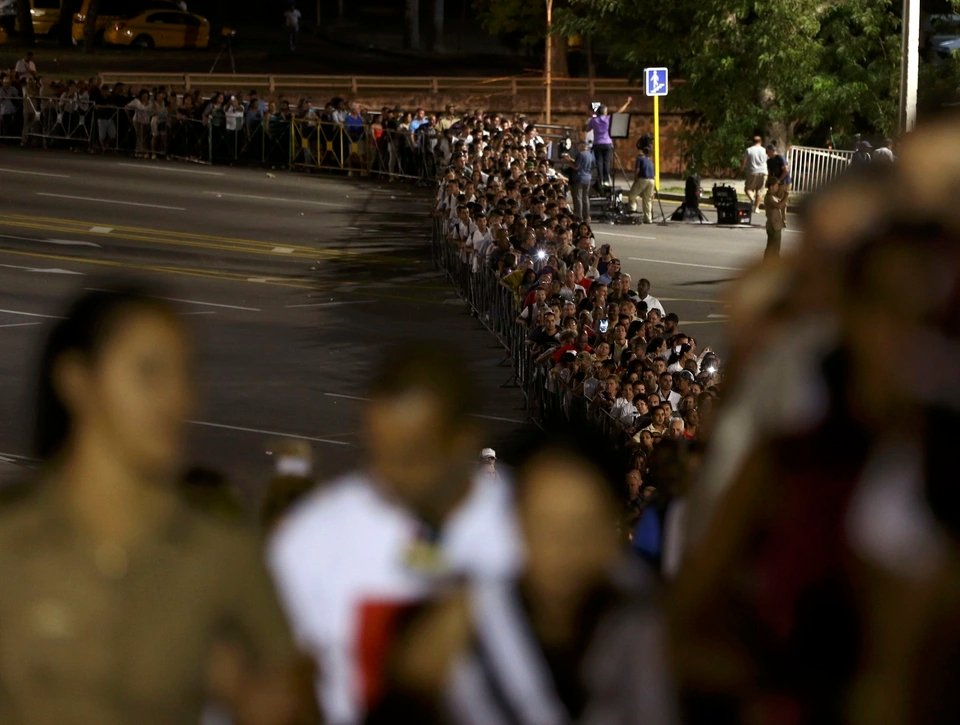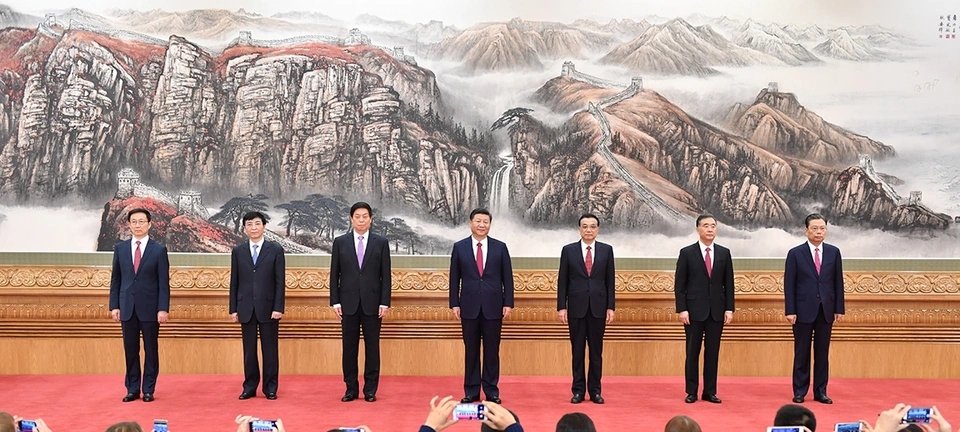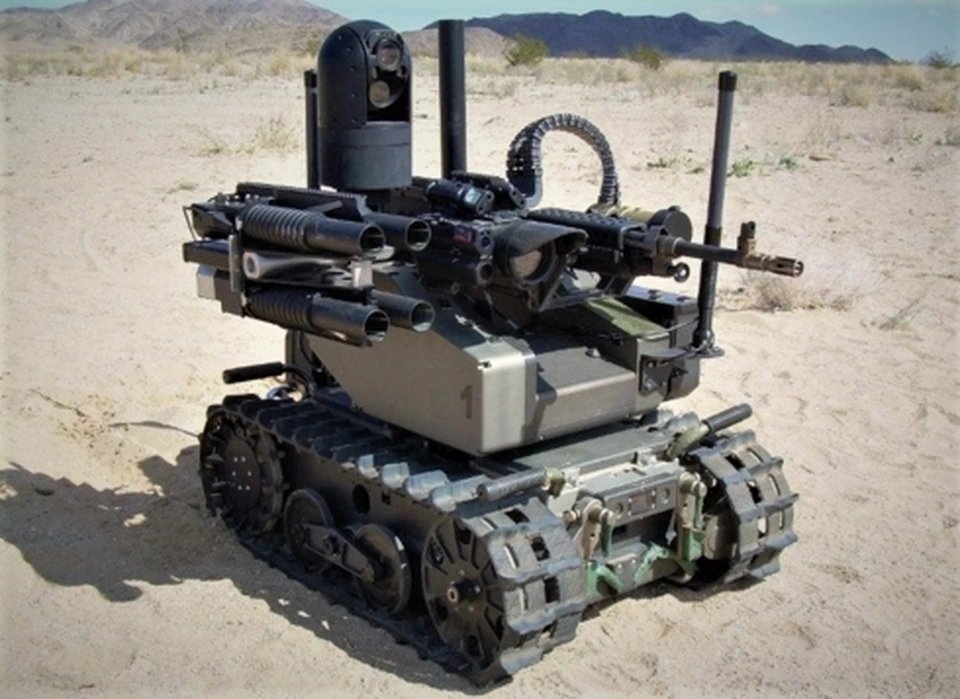A Reuters survey shows that the ratio of hospital beds and ventilators per capita in the region is less than one per 100,000 people.
The World Health Organization (WHO) also warned that Africa, home to 1.3 billion people, could become the next epicenter of the epidemic.
If forced to blockade for an undetermined period of time, this area needs at least 121,000 hospital beds to treat serious cases.
South Africans wear masks to prevent Covid-19.
Many countries have quickly taken measures to prevent the virus, launching strict public health campaigns, restricting travel and coordinating factories to produce protective equipment.
`We are preparing. But it is as if we are all having to act in a movie without being rehearsed or provided with a script in advance,` said Dr. Juliet Nyaga, chief executive officer of Karen Hospital, Kenya.
According to the Africa Centers for Disease Control and Prevention (CDC), the continent’s testing capacity has increased sharply recently.
`Without testing, you won’t be able to find (people with Covid-19),` said John Nkengasong, Africa CDC director.
However, many areas still cannot take full advantage of the medical infrastructure.
The next problem lies in intensive care units (ICU).
The three most populous countries on the continent, Nigeria, Ethiopia and Egypt, have a total of 1,920 ICU beds for more than 400 million people.
Severe Covid-19 patients also have to be on ventilators.
`Medical staff lack protective equipment and are not motivated enough to work. We need three times the number of hospital beds we currently have,` said Tumane Balde, head of the inter-ministerial committee responding to Covid-19 in Guinea Bissau

South Africans have their body temperatures measured.
Information transparency is also a necessary factor for good disease control, in addition to medical equipment and supplies.
`Information is essential for us in our support work. It is difficult to estimate overall needs without obtaining accurate data,` he said.
In addition, African medical facilities also encounter electricity shortages and human resource scarcity.
In countries like Nigeria, South Sudan and Zimbabwe, power supplies are very unstable.
Doctors, intensive care unit nurses, anesthesiologists and biotechnology experts are also in short supply.
Although governments around the world are trying to get private hospitals to support treatment for those who cannot afford to pay hospital fees, this is not easy.










